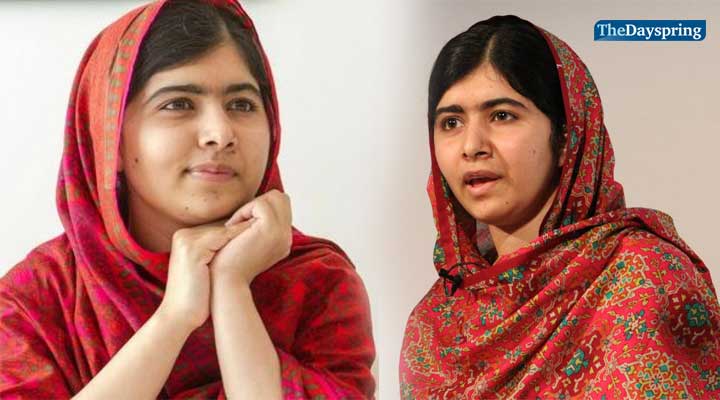By: Muhammad Shakir Baacha
In pursuit of military modernization, India has expanded the scope and range of its defence and strategic cooperation even with countries that are geographically distant. Indo-French defence cooperation is one instance of India’s growing strategic partnerships which have significantly undermined the regional security environment of the entire South Asian region.
France’s sale of Rafale jets to India would not be just another piece of military gear for the Indian Air Force. Instead, it would constitute the acquisition of a state-of-the-art nuclear-capable combat weapon to a militarily revisionist and fascist state.
Indo-French defence cooperation gained new momentum when, in 2016, the Modi government signed a problem deal with France for the sale of 36 Rafale medium multi-role combat aircraft (MMRCA). The deal came under immense political scrutiny within India, where opposition parties accused the government of having overpaid for the combat jets and of promoting crony capitalism. Under the agreement, France’s Dassault Aviation agreed to invest 50 percent of the 7.8 billion euro Rafale contract in India to manufacture aircraft components with Indian billionaire Anil Ambani’s Reliance Defense, who is known to be a close friend of PM Modi.
France’s supply of the assault jet that the French Air Force successfully used to rehearse a nuclear strike mission, is dangerous and worrisome for South Asian stability. According to the military sources, “France tested all phases of a nuclear strike with an 11-hour mission that saw a Rafale fighter jet refuel and fire an unarmed missile capable of carrying a nuclear warhead.” The sale to India ticks all criteria for fueling regional tensions, particularly with Pakistan. French decision to sell nuclear capable aircrafts is to fuel the regional arms race something a responsible permanent member of U.N Security Council should avoid.
Ironically, in a similar situation, France cancelled the Mistral deal with Russia as a result of immense pressure from its European allies, including Poland and other East-European NATO members. According to a transcript from the French Senate’s International Affairs Committee, “Eastern European NATO member states have put “significant pressure” to scrap the USD$ 1.3 billion deal with Russia.” Mistral is the French Navy’s new 21,300t amphibious assault, command and power projection ship with a payload capacity and the versatility to carry up to 16 heavy helicopters as well as one-third of a mechanized regiment. One wonders how the long-cherished “principle and terms of the purchase” that actually allowed France to scrap this deal with Russia, lost relevance while selling nuclear-capable jets to India. It also leads all civilized nations to the question of what kind of end-user agreement France has attached with the Rafale sale; and what if India, under its ‘Make in India’ plan, replicates Rafale technology and exports it to other states that threaten France’s security in the future?
France’s sale of Rafale jets to India would not be just another piece of military gear for the Indian Air Force . Instead, it would constitute the acquisition of a state-of-the-art nuclear capable combat weapon to a militarily revisionist and fascist state.
South Asia is considered to be one of the most volatile regions of the world. Strategic communities around the world are unanimous in their views that India and Pakistan’s animus relationship has the potential to trigger a nuclear war; more importantly, the massive influx of deadly weapons in the region without taking care of regional anxiety is worrisome. For a few dollars more, France has become a direct party in fueling regional nuclear instability and nuclear risk with this transaction.
Unfortunately, France’s defence cooperation with India is not limited to fighter jets. Both countries have extended their defence partnership to the maritime domain. The Indian defence ministry has already awarded the French Shipbuilder Naval Group a $4.16 billion contract for the construction of six Scorpene-class (Kalvari-class) SSKs in partnership with Mazagon Dock Limited . The French Defence Minister termed naval cooperation with India as a “shining illustration of the exemplary nature of our technological and industrial cooperation.”
French cooperation with India in multiple domains of defence may be driven by the lucrative Indian market, but its regional ramifications are disastrous in the long run. India, under the Modi rule, is emerging as a revisionist power, which in itself is a real threat for global peace. In this regard, France must consider the regional security environment before selling the latest military equipment to India, as hostilities and regional anxieties have directly been affected by the defence deal for economic gains. If France can even scrap a whole defence deal to address its European allies’ concerns, it is also plausible to consider Pakistan’s security concerns with respect to French weaponry in Indian arsenal. France must accept the fact that such a trade with india is at the cost of Pakistan’s security. Unlike other regions, South Asia is considered to be a nuclear flashpoint, and France’s contribution to the Indian defence forces is virtually leading the region towards more instability. Therefore, as a civilized country, France must re-think before arming India.
The writer is a former Research Fellow of South Asian Strategic Stability Institute (SASSI) University Islamabad.







